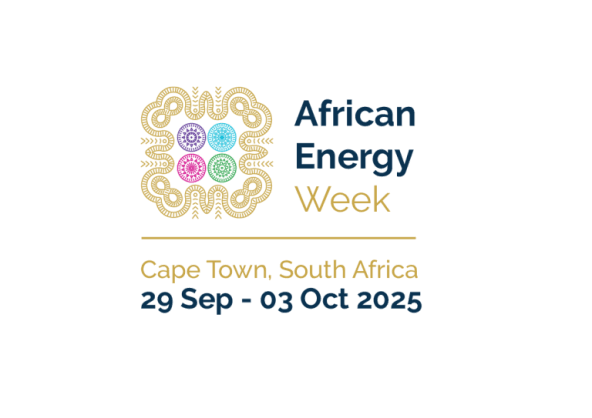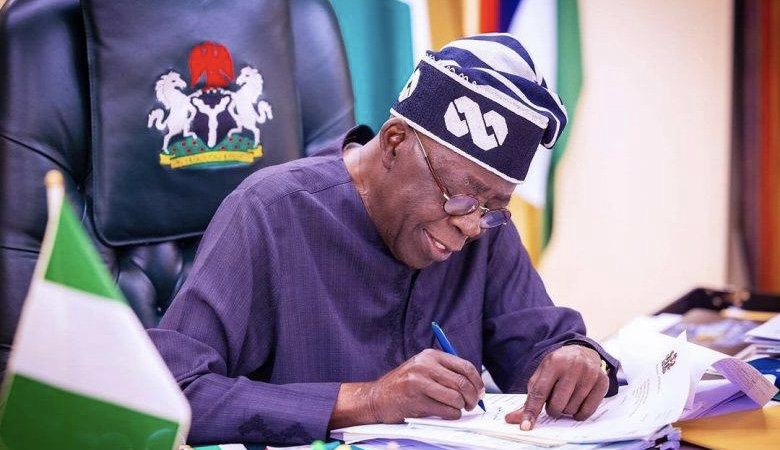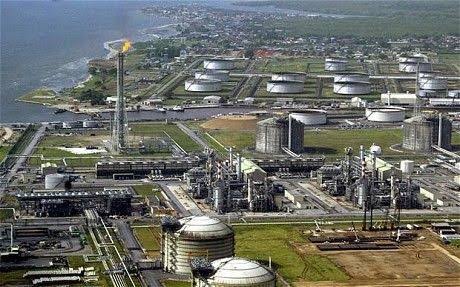Business
U.S. political will, African reforms open new era for energy investment

A convergence of United States political momentum and African regulatory reforms is creating new opportunities for energy investment across the continent, stakeholders declared at the African Energy Week 2025 in Cape Town.
Mark Menezes, President and CEO of the U.S. Energy Association, said the current U.S. administration has unlocked financing opportunities by easing restrictions on agencies such as the Export-Import Bank. “Africa is resource-rich, and we see long-term partnerships not just for oil and gas but also for critical minerals,” he said.
Nigeria’s Minister of State for Petroleum Resources (Gas), Ekperikpe Ekpo, pointed to the Petroleum Industry Act and recent executive orders as critical reforms aimed at streamlining regulation and attracting capital. He also highlighted the Midstream and Downstream Gas Infrastructure Fund, designed to de-risk projects and expand private investment in Nigeria’s gas sector.
Industry players agreed that reforms have begun to address major investor concerns, including foreign exchange challenges, profit repatriation, and regulatory uncertainty. “African governments have also increased their capacity to do PPPs,” noted Jude Kearney, Managing Partner of Asafo & Co.
Kosmos Energy CEO, Andrew Inglis, cautioned that policy changes must be matched with decisive execution. He contrasted Ghana’s Jubilee project, which moved from licensing to production in six years, with today’s global average of 20 years. “It takes more than just regulatory clarity, it takes drive from the top to get things done,” he said.
NJ Ayuk, Executive Chairman of the African Energy Chamber, called the moment a “new era of African energy opportunity,” urging both U.S. investors and African governments to act quickly. “We need to see free markets, limited government and personal responsibility. Money flows where it’s welcome,” he said, adding that ministers must play a stronger role in building investor confidence.
From the private sector, Kola Karim, Group CEO of Shoreline Energy, emphasised infrastructure as the key barrier U.S. companies can help overcome. “The oil is there. The problem is facilities, and that means financing. That’s where U.S. companies, with technology and support from DFC and EXIM, can add real value,” he said.
On the U.S. government side, Andrew Rapp, Senior Adviser at the Department of Energy, said Washington views Africa’s energy future as integral to global prosperity. “Energy addition is a priority for the DOE, and nowhere can it be more impactful than here in Africa. This is our goal as an agency and it has support from the highest levels of the administration,” he stated.







